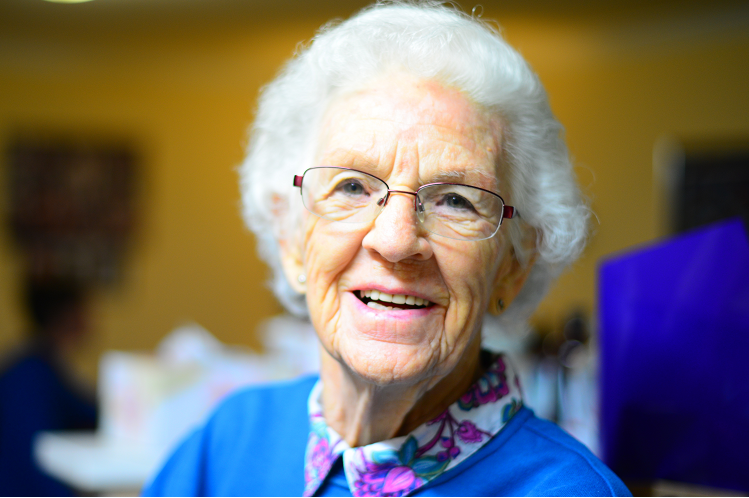On Tuesday last week the British Medical Association’s (BMA) Annual Representatives Meeting (ARM) passed a motion by a narrow majority of just 4 votes (49% to 48%) which shifted the organisation to a position of neutrality on ‘assisted dying’ from its previous position of opposition. By ‘assisted dying’ the BMA is referring to both assisted suicide and euthanasia.
The BMA debate followed a poll of its members last year. That poll itself was the result of a motion passed at the BMA’s 2019 ARM which had been proposed by Dr. Jacky Davis, a radiologist and Chair of Healthcare Professionals for Assisted Dying and Board member of Dignity in Dying (formerly the Voluntary Euthanasia Society).
Last year’s poll showed that 40% of BMA members who responded voted for the union to adopt a position of support for assisted suicide and 30% for euthanasia. However, beneath the headline grabbing top-line numbers there was a complex picture of medical opinion on the question of whether doctors should be empowered to end patients’ lives.
The closer a specialty is to the care and support of dying people; the less likely its specialists are to support assisted suicide and euthanasia.
In the poll 70% and 79% of palliative medicine doctors wanted the BMA to stay opposed to assisted suicide and euthanasia respectively – with backing for active support in single digits. Personal opposition was higher – 76% and 83% – and higher still were the percentages unwilling to participate if legalised: 76% and 84%.2
General Practitioners (family doctors) and geriatricians share this closeness to the lived experience of end of life care, and were similarly averse: 39% of GPs who responded wanted the BMA to remain opposed to assisted suicide compared to just 34% in favour and 46% were personally opposed whilst 43% were personally in favour.
Click here to sign up for pro-life news alerts from LifeNews.com
Similarly, 44% of geriatricians wanted the BMA to remain opposed to assisted suicide compared to 27% in favour of BMA support for assisted suicide whilst 52% were personally opposed. Only 36% personally in favour of a change in the law.
That brings us to this past week’s debate because the poll was conducted on the assumption that any legislation being introduced would be limited to an assisted suicide law applying to adults who are terminally or seriously ill, mentally competent and who voluntarily request assistance to end their lives. However, the motion proposed for debate (and approved) has no such caveats.
In essence, the BMA has opted for neutrality regardless of the nature of any future legislation. So the BMA is now neutral on whether or not those suffering from minor non-terminal conditions and who may have years to live, disabled people, those with psychiatric illnesses, children or just elderly people who are depressed, lonely and tired of life will be allowed under a future law to request assisted suicide or euthanasia.
…..
Whether or not the doctors and families involved in assisted suicide and euthanasia deaths in the USA and Canada will be willing or interested to investigate this matter further remains an open question. What is clear, however, is that rather than rushing into changing the law to follow their North American counterparts in legalising assisted suicide or euthanasia, British legislators should take a much more cautious approach. The BMA should have done so also.
LifeNews Note: This except appeared at Bioedge and is reposted with permission. Dr. McDonald is Chief Executive of Care Not Killing








